best places to travel in India part 2
Leh-Ladakh
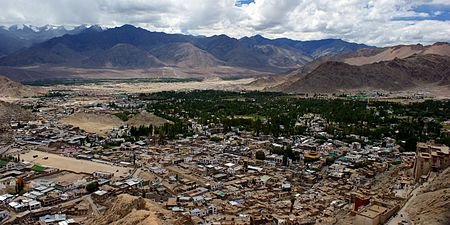 Leh is a town in the Leh district of the Indian state of Jammu and Kashmir. It was the capital of the Himalayan kingdom of Ladakh, the seat of which was in the Leh Palace, the former mansion of the royal family of Ladakh, built in the same style and about the same time as the Potala Palace in Tibet - the chief residence of the Dalai Lama until the 14th Dalai Lama fled to Dharamshala, India, during the 1959 Tibetan uprising
Leh is a town in the Leh district of the Indian state of Jammu and Kashmir. It was the capital of the Himalayan kingdom of Ladakh, the seat of which was in the Leh Palace, the former mansion of the royal family of Ladakh, built in the same style and about the same time as the Potala Palace in Tibet - the chief residence of the Dalai Lama until the 14th Dalai Lama fled to Dharamshala, India, during the 1959 Tibetan uprising
in winter
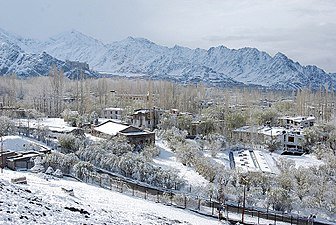
leh ladakh pangaong lake
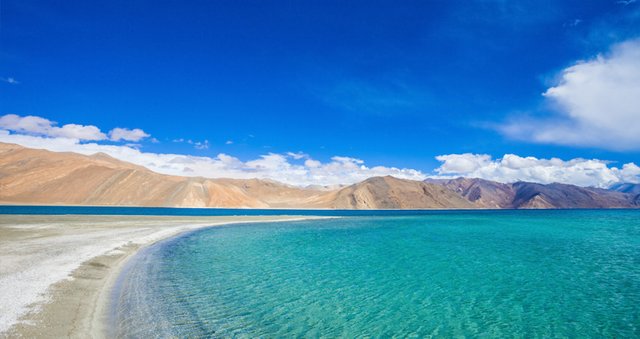
Meghalaya
Meghalaya is a state in Northeast India. The name means "the abode of clouds" in Sanskrit. The population of Meghalaya as of 2016 is estimated to be 3,211,474.[5] Meghalaya covers an area of approximately 22,430 square kilometers, with a length to breadth ratio of about 3:1
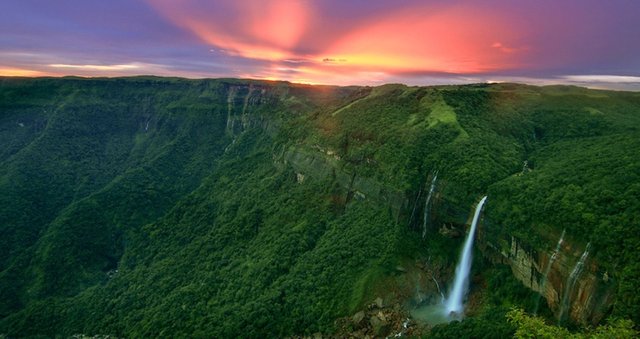
Meghalaya is one of the Seven Sister States of northeast India. The state of Meghalaya is mountainous, with stretches of valley and highland plateaus, and it is geologically rich. It consists mainly of Archean rock formations. These rock formations contain rich deposits of valuable minerals like coal, limestone, uranium and sillimanite
Meghalaya also has a large variety of mammals, birds, reptiles and insects. The important mammal species include elephants, bear, red pandas,civets, mongooses, weasels, rodents, gaur, wild buffalo, deer, wild boar and a number of primates. Meghalaya also has a large variety of bats. The limestone caves in Meghalaya such as the Siju Cave are home to some of the nation's rarest bat species. The hoolock gibbon is found in all districts of Meghalaya.
Common reptiles in Meghalaya are lizards, crocodiles and tortoises. Meghalaya also has a number of snakes including the python, copperhead, green tree racer, Indian cobra, king cobra, coral snake and vipers.
ELLORA
Ellora located in the Aurangabad district of Maharashtra, India, is one of the largest rock-cut monastery-temple cave complexes in the world, and a UNESCO World Heritage Site, featuring Buddhist, Hindu and Jain monuments, and artwork, dating from the 600-1000 CE period
The Kailasha temple excavation also features the gods, goddesses, and mythologies found in Vaishnavism, Shaktism as well as relief panels summarizing the two major Hindu Epics
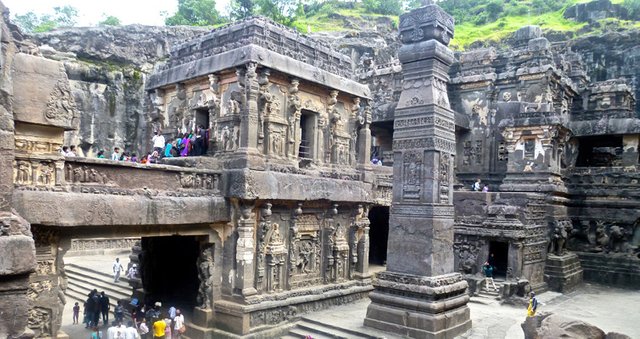
friends just follow me and visit these places to have fun
and upvote my post
resteem and comment my posts
yours friend @suryab9b99
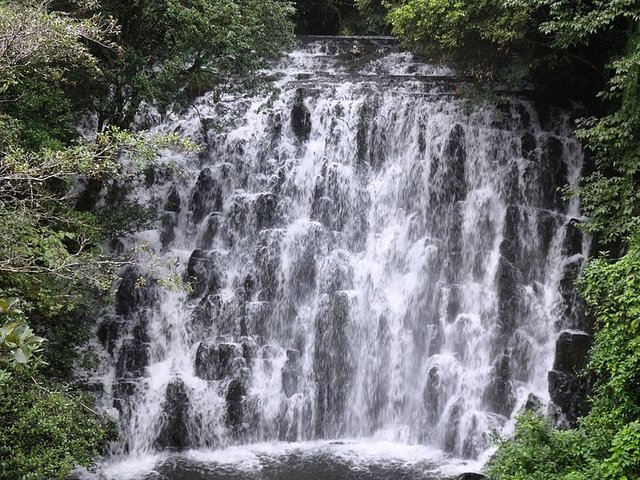
Congratulations @suryab9b99! You received a personal award!
Click here to view your Board
Congratulations @suryab9b99! You received a personal award!
You can view your badges on your Steem Board and compare to others on the Steem Ranking
Vote for @Steemitboard as a witness to get one more award and increased upvotes!